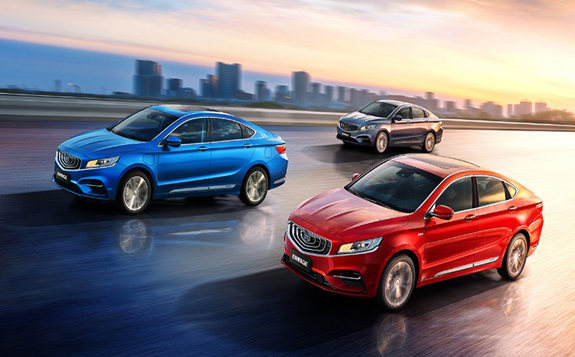The Chinese government has now made the final decision to extend its quotas for New Energy Vehicles (NEV) beyond 2020. This includes electric cars and plug-in hybrids.

Under the scheme that will come into force on 1 January 2021, manufacturers will be required to accumulate NEV points worth 14 per cent of their production volume in 2021, 16 per cent in 2022 and 18 per cent in 2023. This is not significantly different from the draft presented in July 2019. The NEV quotas for 2019 and 2020 are ten and twelve per cent respectively.
The credit scheme is expressed as a percentage, but functions as a points system where points are awarded according to a complex formula based on production levels, taking into account factors such as energy efficiency and range. Negative points from combustion engines must be made up with positive points – i.e. by NEVs.
The Chinese government has also decided that full hybrids will be rated slightly better than they have been in the past. These are now categorised as “low fuel consumption passenger cars” and receive fewer negative points. The reclassification of hybrids is seen as a reaction to the criticism that the current system offers too few incentives to make combustion engines more efficient. However, the amendment does not indicate precisely how the hybrids are to become more efficient – whether through an improved internal combustion engine or more electrical components.
When the plans were announced eleven months ago, market observers saw the sales of electric cars at risk. On the one hand, manufacturers would have to compensate for fewer negative points if the proportion of hybrids were higher, meaning that manufacturers would have to offer fewer NEVs. Moreover, a higher percentage of hybrids would also reduce the incentive for customers to make the switch to an electric car.